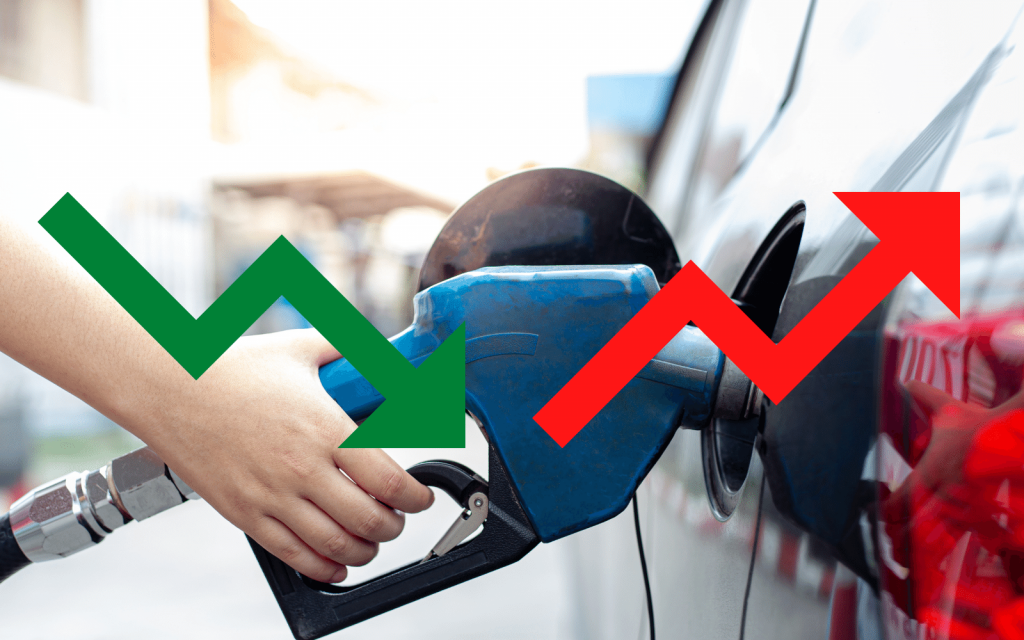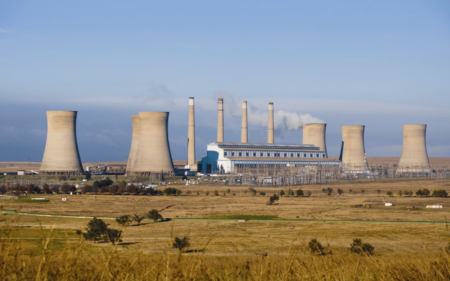Outa, the civil action group, is calling on the South African government to extend the temporary relief for fuel prices past the original 31 May deadline. Finance minister Enoch Godongwana first announced the tax relief in April this year, which saw the fuel levy reduced by R1.50 until 31 May this year. The problem is, it’s almost 31 May, and we really don’t want to pay even more for fuel. If the tax relief ends when it’s meant to, we could be facing a R25/litre price for petrol and diesel.
The relief started as a way to lower the extravagant prices of fuel over the last few months, which is mainly due to Russia invading Ukraine, which caused the oil prices around the world to shoot up.
Even so, the fuel prices continued to climb, despite the tax relief being set in place. Either, it shows us just how bad the fuel shortage has become, or maybe Enoch just forgot to file the form? We’re really hoping that this is the case.
More fuel, me

If the tax ‘holiday’ does end for citizens, we could be facing a R3.67 price hike for June alone. That’s why Outa has asked Godongwana for an extension of the tax break.
“With the temporary fuel levy reduction of R1.50 intended to be reversed on 31 May, we have asked the finance minister to consider the extension of this reprieve, failing which the price of petrol and diesel will increase to over R25 per litre in the coming months,” said Outa CEO Wayne Duvenage.
According to Duvenage, extending the tax break past 31 May by even a month will affect the Treasury’s income collections by R2.5 billion (roughly). He also said that the South African economy would take a dive if petrol price hit R25 a litre.
Of course, the National treasury could just say no. If this is the case, Outa has suggested that the relief be taken away slowly, over a period of three months. This means an extra R0.50 increase over the next three months, which is (slightly) better than the full R1.50 all at once.
“The high fuel price has an ongoing negative effect on the economy, affecting a wide range of issues such as food prices and commuter costs,” Outa said. “Keeping the fuel levy reprieve in place for a longer period provides the minister with an opportunity to seek greater public sector savings and encourage prudent spending habits”.
This isn’t a done deal, sadly. But we can hope that the National Treasury accepts the deal before 31 May.
Source: BusinessTech




